Japanese bath ofuro - the secret of longevity!
The land of the blooming cherry in many aspects remains a mystery to us. In Japan, as in many Asian countries, mundane activities are done completely differently! This also applies to bathing, which is one of the secrets to Japanese longevity. So let's take a closer look at what ofuro is and why it is a common practice in Japan.

Japanese Tradition
The history of the Japanese bathing ritual is closely related to the geographical and cultural specificity of the country, rich in numerous natural hot springs (onsen), which played a central role in shaping this custom. Since ancient times, the Japanese have used these natural baths not only for hygiene purposes, but also for relaxation and healing. Ofuro, evolving from practices related to onsen, has become not only a daily ritual, but also an important element of Japanese culture, reflecting values such as cleanliness, harmony, and respect for nature.
In social aspect, ofuro traditionally had and still has a unifying significance, serving as a place where families can spend time together, relaxing after a day full of challenges. In ancient times, when homes did not have individual bathrooms, public bathhouses played a crucial role in social life, strengthening bonds between its members and creating space for interpersonal interactions.
Despite modernization and changes in Japanese lifestyle, traditional ofuro bath still holds a special place in the hearts of many Japanese people, being more than just a way to clean the body. Although modern life has introduced the shower as a faster and more convenient alternative, for many residents of Japan, it will not replace the ofuro experience, which offers comprehensive cleansing and relaxation. A shower may be sufficient for daily hygiene, but it does not compare to ofuro in terms of the depth of experience and its relaxation, health, and social benefits, which are deeply rooted in tradition and go far beyond a simple bath.
How is it done?
-
Cleaning the tub and bathing area: Before starting the bath, the bathroom space should be thoroughly cleaned. This ensures that the bath will not only be hygienic, but also enjoyable. In Japan, cleanliness has deep cultural significance, and maintaining a clean bathroom space is considered just as important as personal hygiene.
-
Body washing before entering the tub: Before entering the tub, it is important to thoroughly wash the body outside of it, using a shower, bowl, or bucket. Traditionally, one washes while sitting down using a handheld shower or water scooped from a bowl. It is important to rinse off all cleaning products thoroughly, as the water in the ofuro tub is meant for soaking only, not for washing.
-
Filling the tub with hot water: The water in the tub should be hot, usually in the range of 42°C to 44°C. The temperature is crucial to provide the proper relaxing and health benefits. The water should be hot enough to relax the muscles and stimulate circulation, but not so hot as to cause discomfort.
-
Submerging and relaxing: After thoroughly washing the body, one can slowly enter the tub, gradually submerging themselves to acclimate to the water temperature. This moment of submersion should be celebrated as a time for rest and meditation. In a Japanese ofuro bath, it is not just about physical cleansing, but also about relaxing the mind.
-
Hydration: During a long soak in hot water, hydration is important, so it is recommended to have a water bottle on hand to prevent dehydration.
-
Bath exit: After finishing the bath, it is important to slowly exit the tub to avoid thermal shock. After an ofuro bath, it is recommended to rest so that the body can benefit from the therapeutic effects of relaxation and warmth.

Ofuro has a lot to offer
Traditional Japanese bath ofuro is known for its numerous health benefits, which are now confirmed by scientific research. For example, studies conducted by Osaka City University have shown that regular use of ofuro baths can reduce the risk of heart disease by 30%. The hot water used in ofuro helps to dilate blood vessels, which in turn improves circulation and reduces the burden on the heart, leading to better blood pressure and overall cardiovascular health. Additionally, ofuro baths support relaxation and stress reduction, which is crucial for protecting against stress-related diseases, including hypertension and heart disease. The relaxing properties of ofuro can also contribute to better sleep quality, which is important for overall well-being. Regular sessions in hot water can also support mental health, reducing symptoms of stress and anxiety. Baths can also help maintain healthy, well-hydrated skin. The warmth of the water helps to open pores, allowing for deeper cleansing and potentially improving the appearance of the skin.
Author: Kacper Błaszczyk

















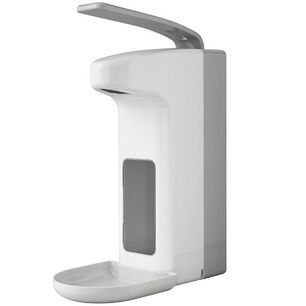
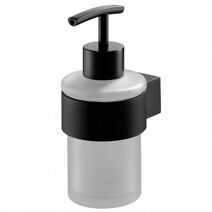






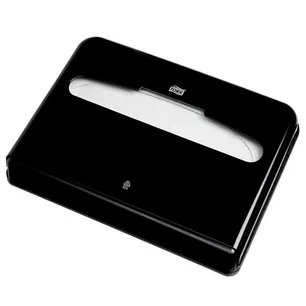

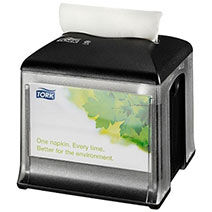




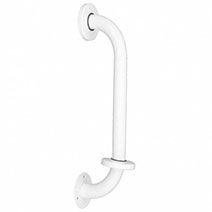






















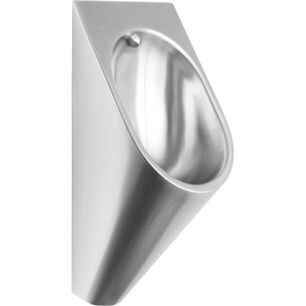

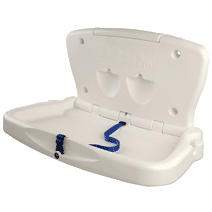

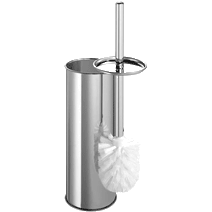
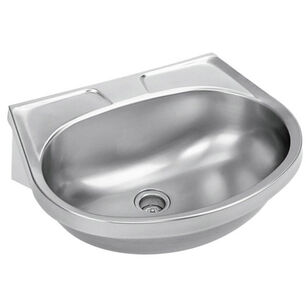


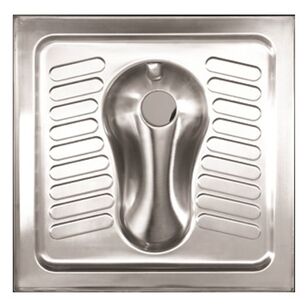













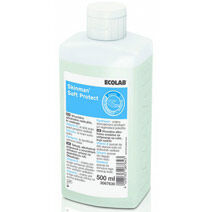

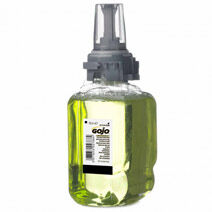











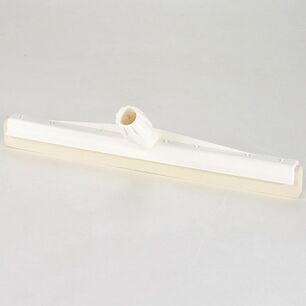




 Polski
Polski
 Czech
Czech
 German
German
 Spanish
Spanish
 Slovak
Slovak